Relaxation - Stress-Relief Assistance
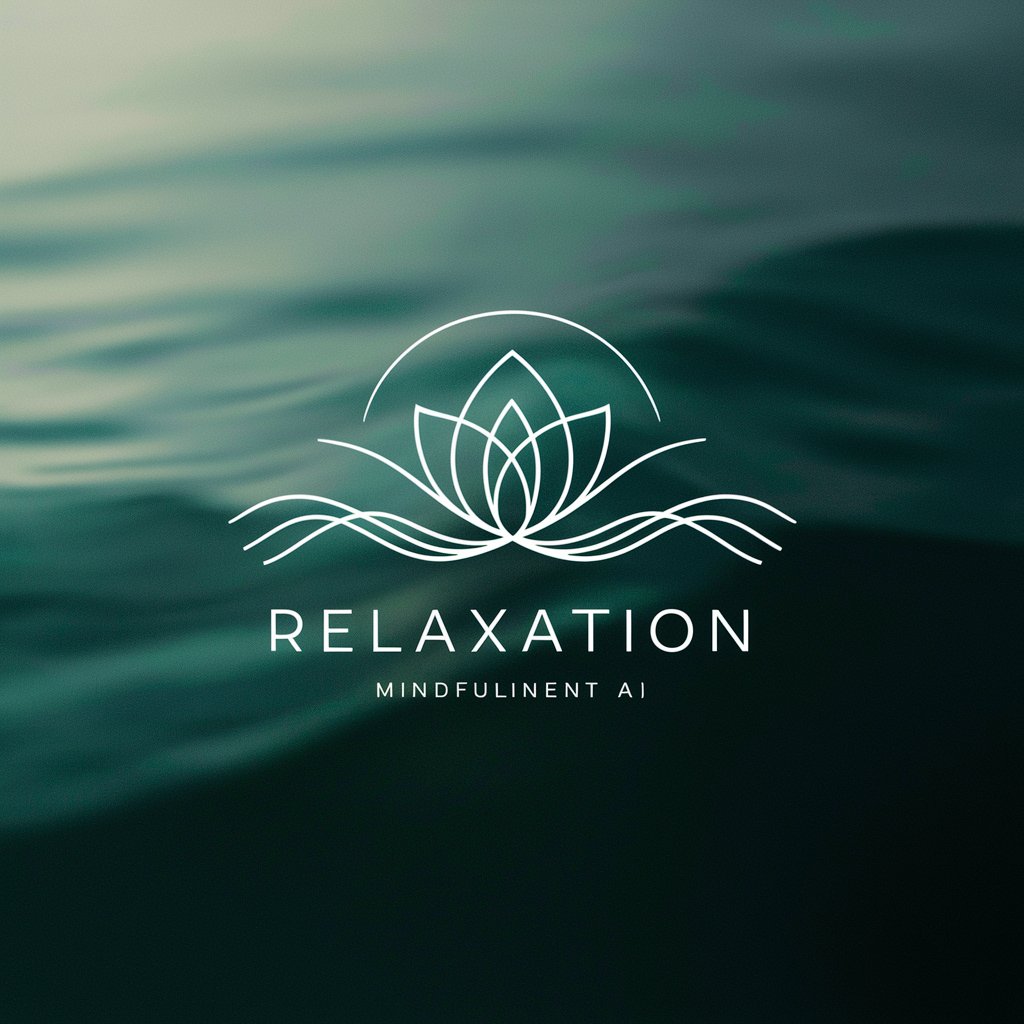
Welcome! How can I help you find your calm today?
Empower your calm with AI
Can you suggest some effective mindfulness practices for stress relief?
What are some simple breathing exercises to help me relax?
How can I incorporate yoga into my daily routine for better relaxation?
What are some quick relaxation techniques I can use during a busy day?
Get Embed Code
Understanding Relaxation
Relaxation is designed as a conversational AI focused on promoting stress management and self-care through various relaxation techniques. Its purpose is to guide users in exploring different methods to relax, including mindfulness, breathing exercises, yoga, and meditation. It's crafted to offer personalized suggestions based on user preferences or situations, emphasizing mental health and well-being. For example, if a user is feeling overwhelmed by work, Relaxation might suggest specific breathing exercises to reduce immediate stress, or a short mindfulness meditation to help refocus and calm the mind. Powered by ChatGPT-4o。

Core Functions of Relaxation
Personalized Relaxation Techniques
Example
Breathing exercises, guided meditations, yoga poses.
Scenario
A user feeling anxious before a public speaking event is guided through a series of deep breathing exercises to calm nerves.
Stress Management Advice
Example
Mindfulness practices, stress relief activities.
Scenario
For someone struggling with daily stress, Relaxation suggests incorporating daily mindfulness practice to cultivate a more peaceful mindset.
Self-care Strategies
Example
Sleep hygiene tips, digital detoxing advice.
Scenario
A user having trouble sleeping is offered tips on improving sleep hygiene, such as reducing screen time before bed.
Who Benefits from Relaxation
People Experiencing Daily Stress
Individuals facing regular stress from work, studies, or personal life can find solace and coping mechanisms through Relaxation's advice.
Those Seeking Mindfulness and Meditation Practices
Users interested in exploring or deepening their mindfulness and meditation practices benefit from guided instructions and technique suggestions.
Individuals Looking for Self-Care Tips
Anyone looking to improve their self-care routines, including better sleep, reduced screen time, and healthier habits, will find Relaxation's strategies beneficial.

How to Use Relaxation
Start with a Trial
Begin by visiting yeschat.ai to access a free trial, no signup or ChatGPT Plus required.
Explore Features
Navigate through the platform to familiarize yourself with various relaxation techniques and tools available.
Identify Needs
Determine your specific relaxation needs or stressors to find the most suitable techniques and practices.
Engage Regularly
Incorporate chosen relaxation practices into your daily routine for optimal results.
Track Progress
Note any changes in your stress levels or well-being to adjust practices as needed.
Try other advanced and practical GPTs
GptOracle | The Sage of Serenity
Your AI-powered guide to inner peace
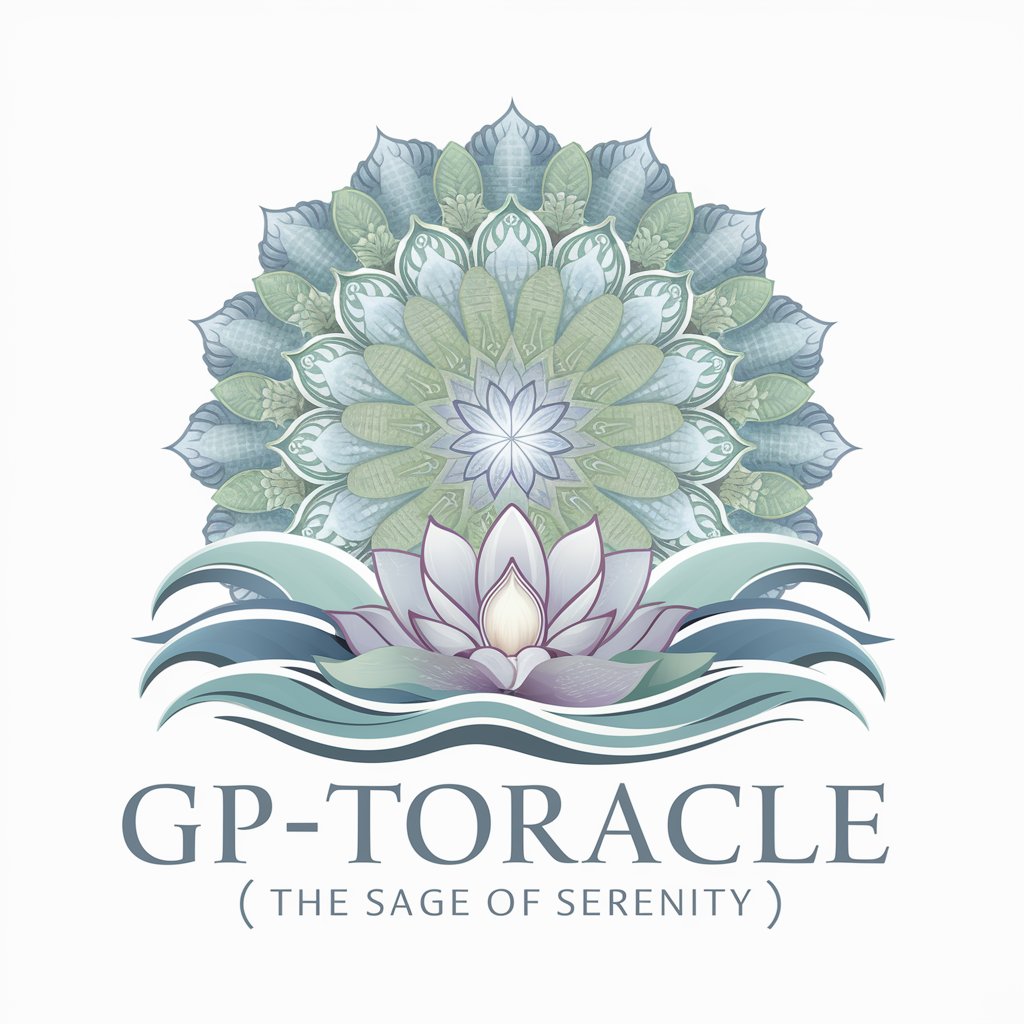
SwiftUI Sidekick
Empowering SwiftUI Development with AI-Powered Assistance
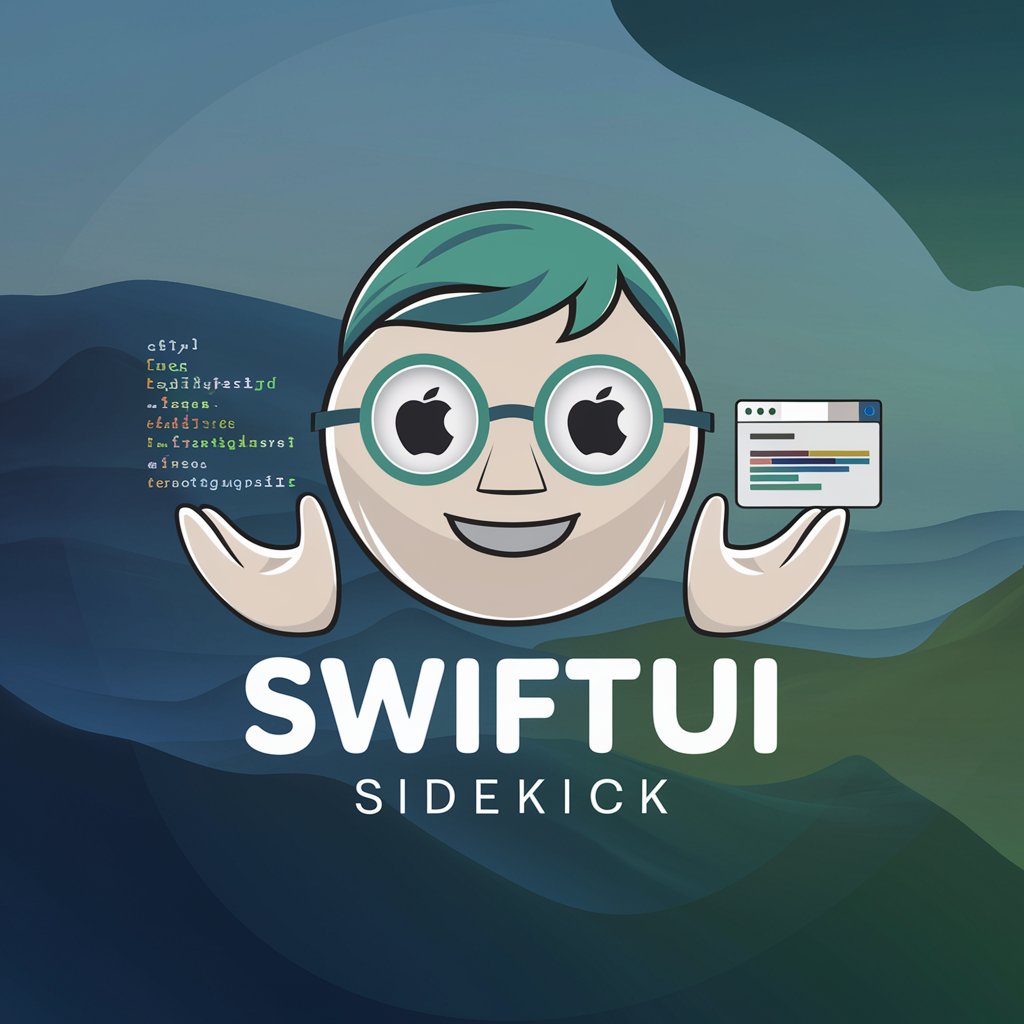
Python 3.11 Tutor
Master Python 3.11 with AI-Powered Guidance
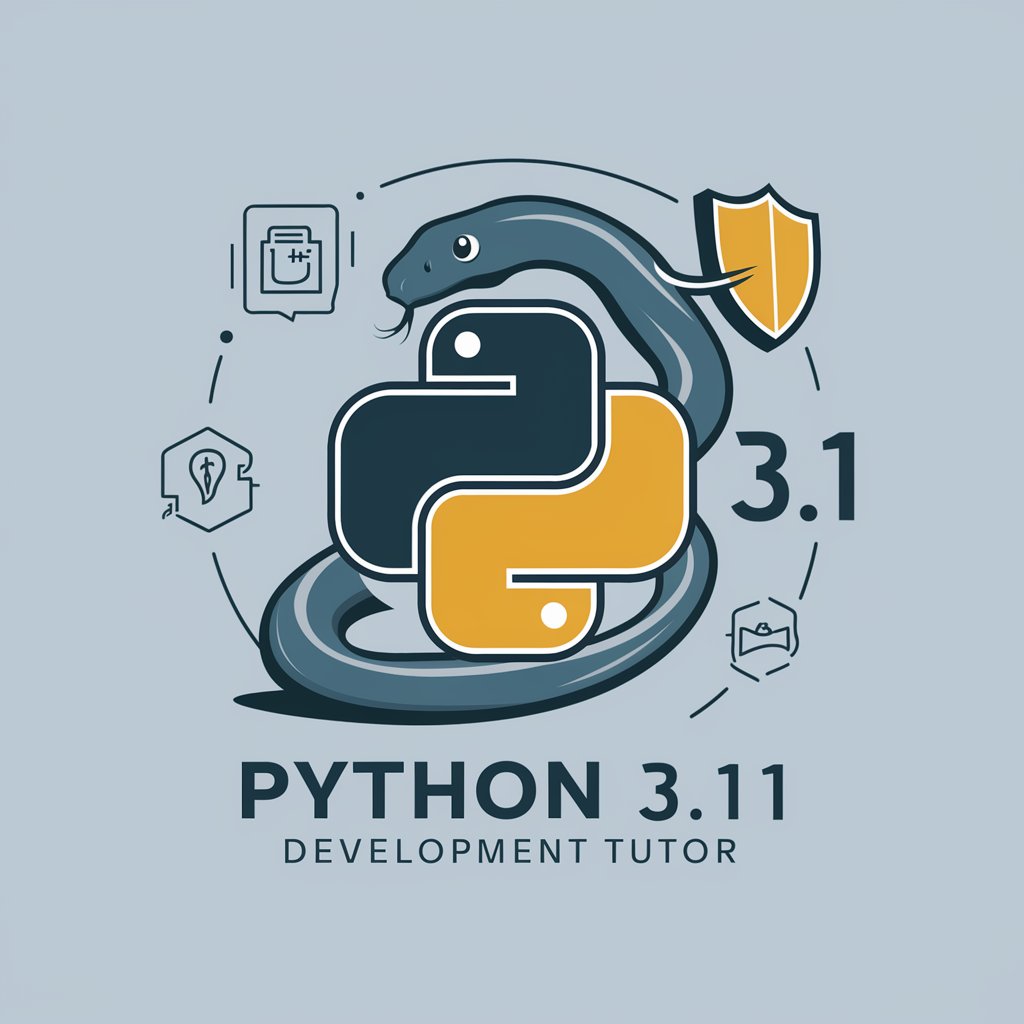
YuleTidy, the Festive Planner
Streamline your holiday planning with AI

CodeStream CRE Mentor
Empower your CRE marketing with AI-driven coding education.

Arnette's Inspector Assistant Pro
AI-powered Weld Inspection Expertise
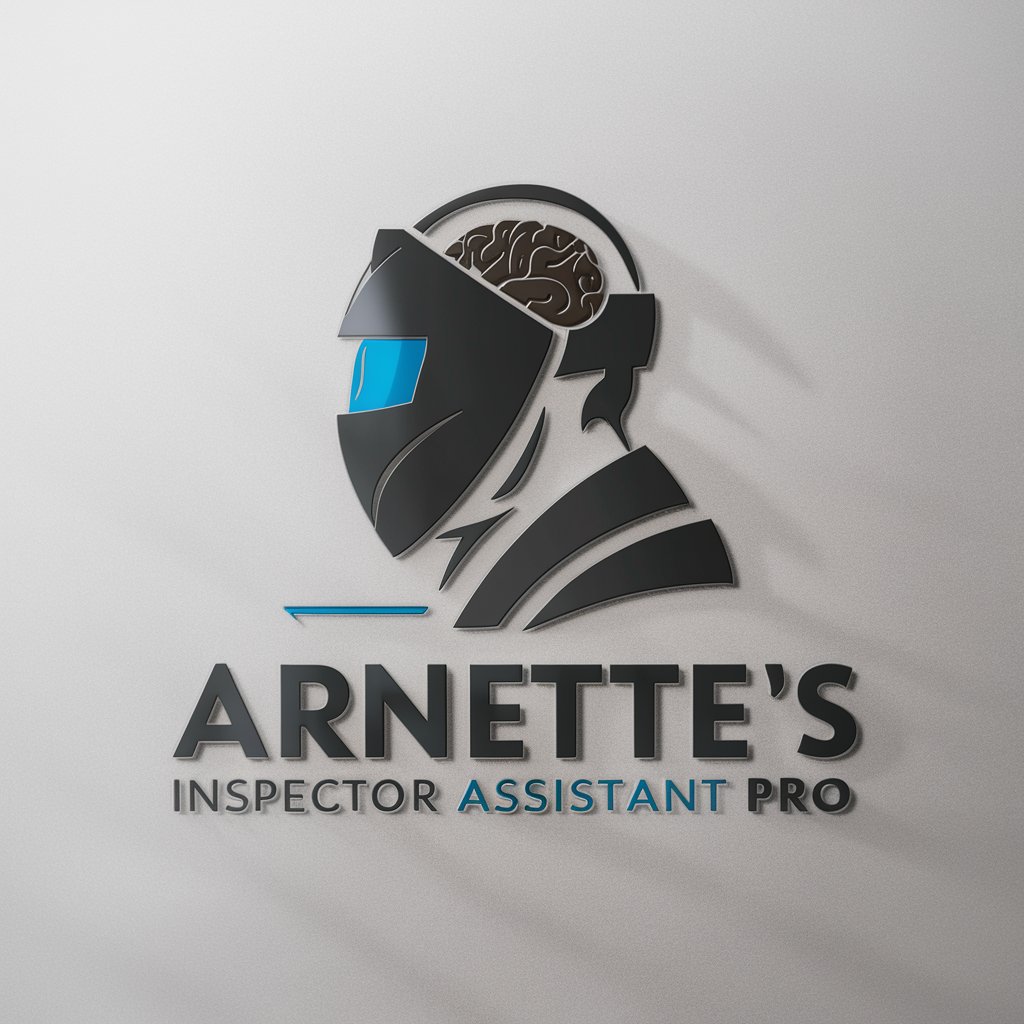
Mental Relaxation Guide
Unwind Your Mind with AI
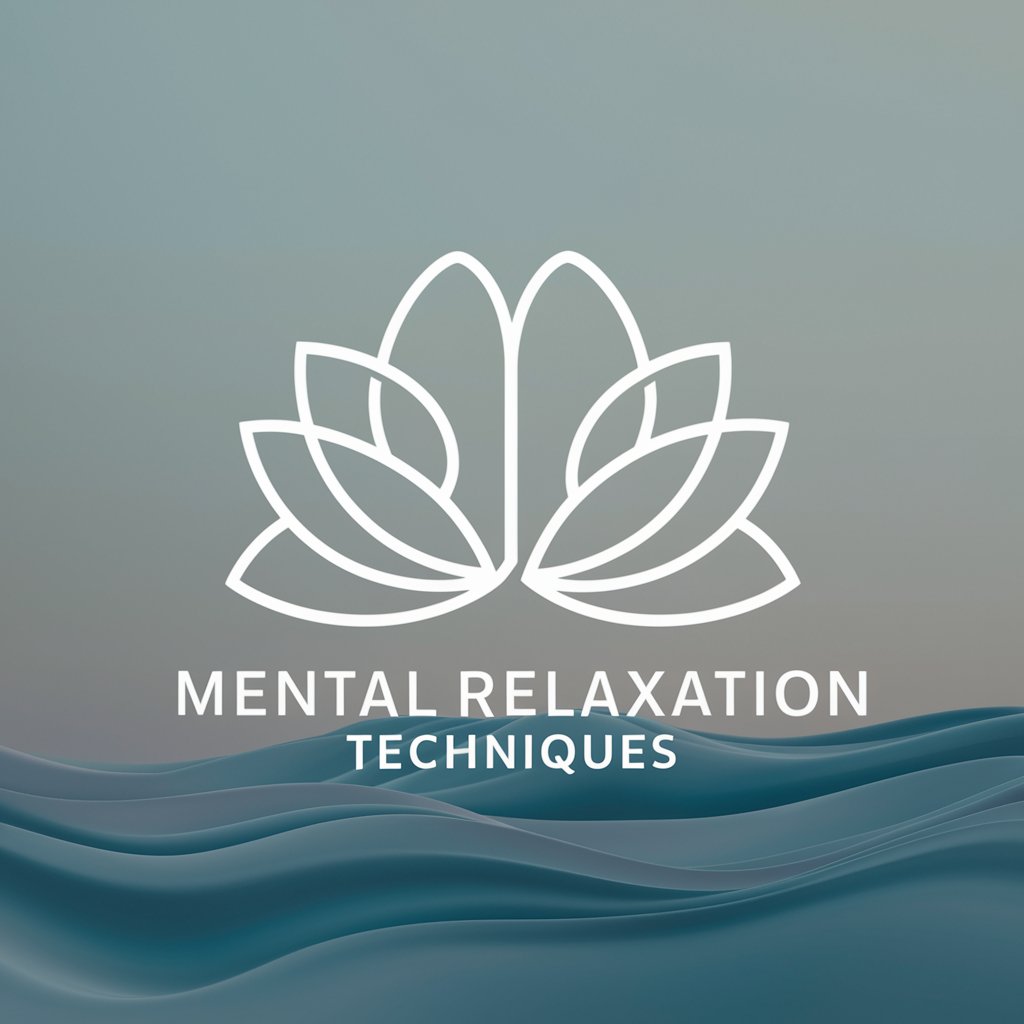
Relax
Cultivate calmness with AI-powered mindfulness
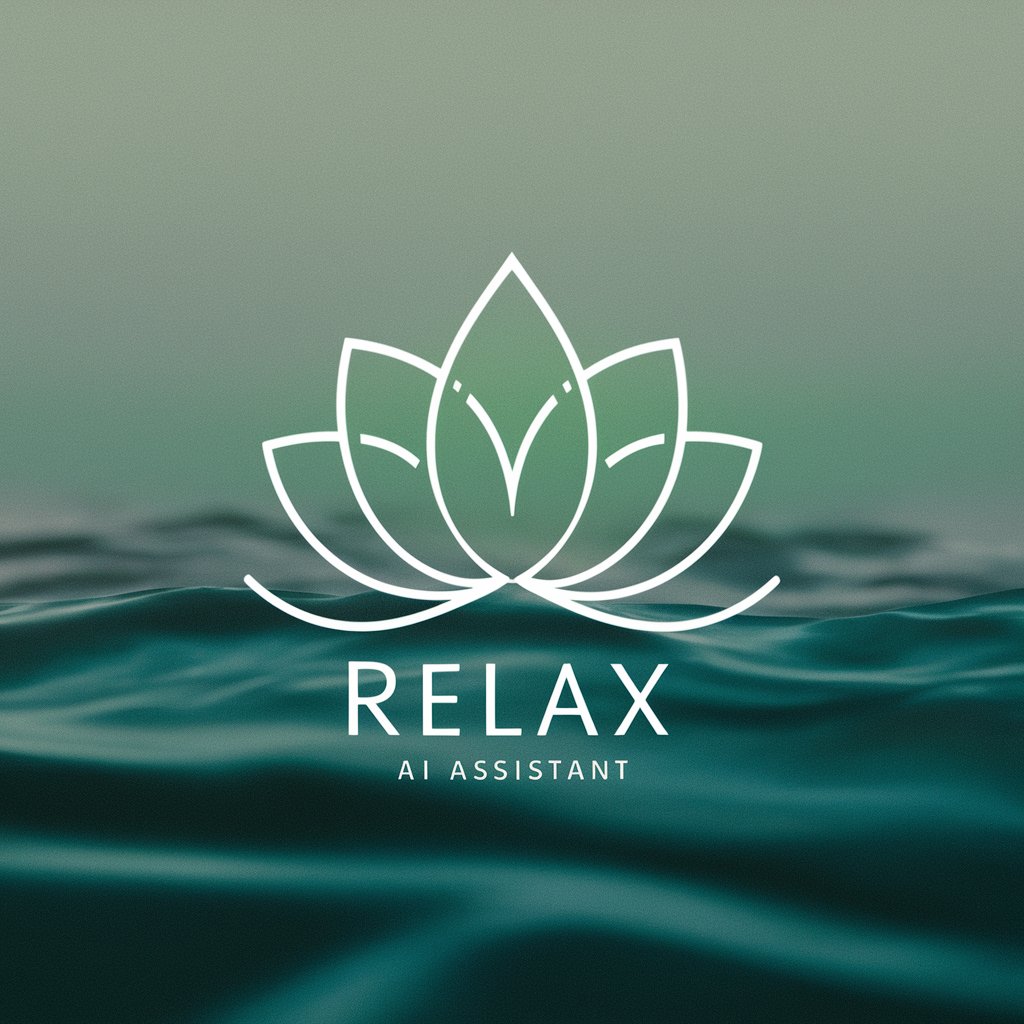
Massage
AI-powered personalized massage guidance
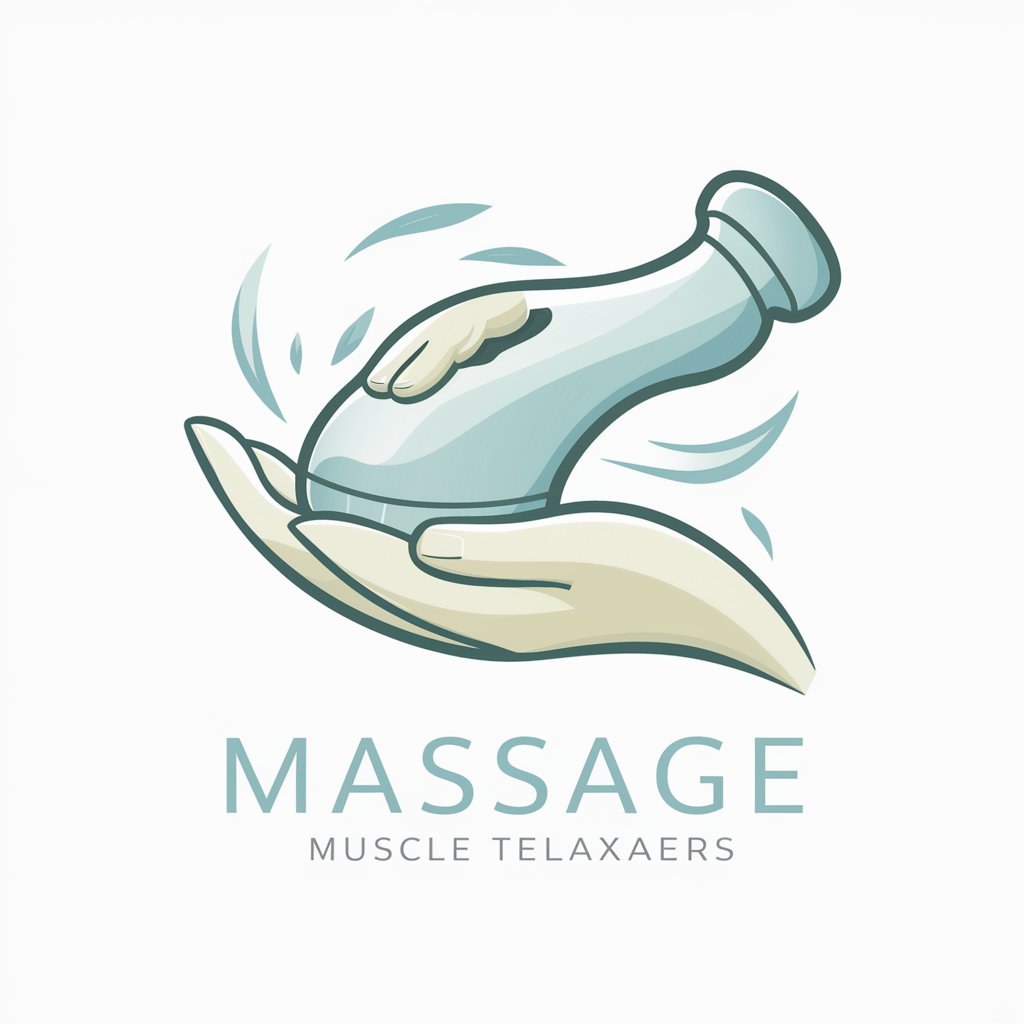
Leisure
Empower Your Free Time with AI
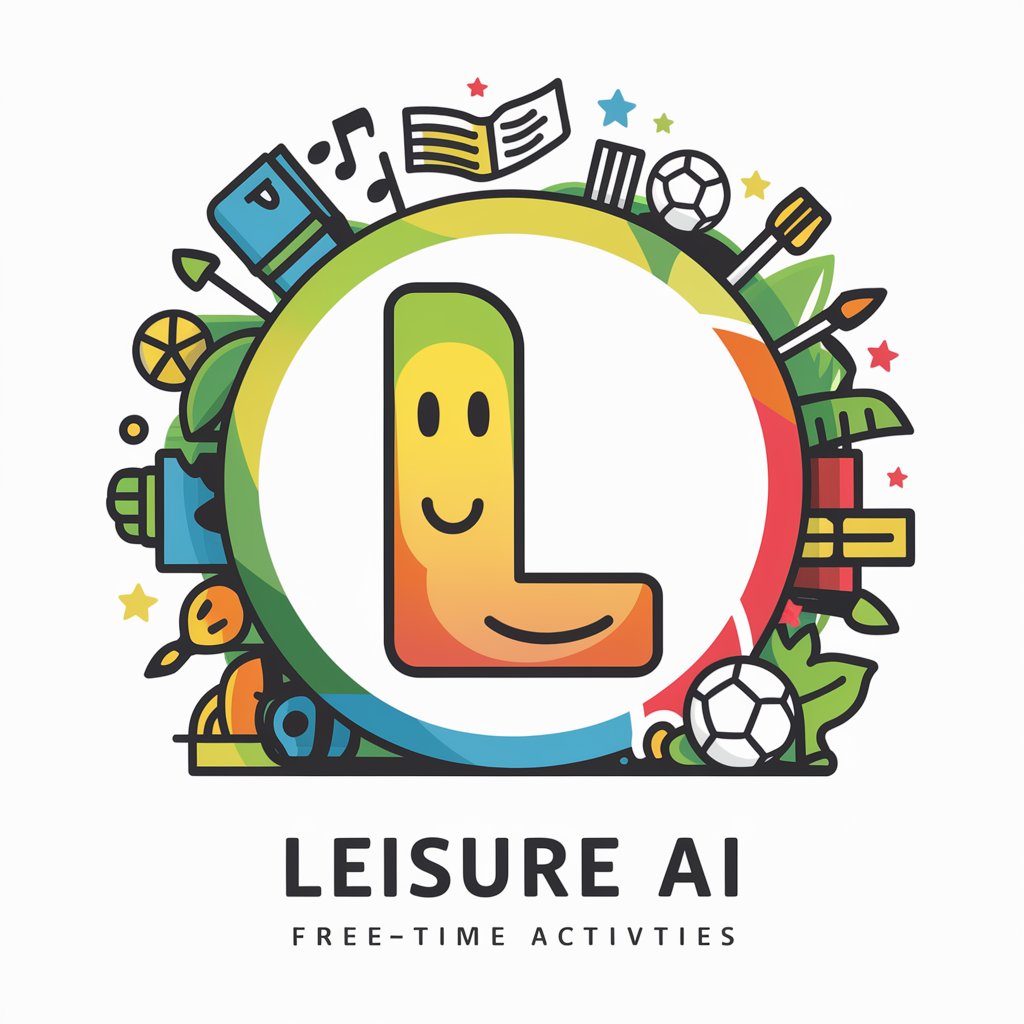
Hang On To The Memories meaning?
Capturing Life's Moments with AI

Self-Storage
Streamlining Your Storage Solutions
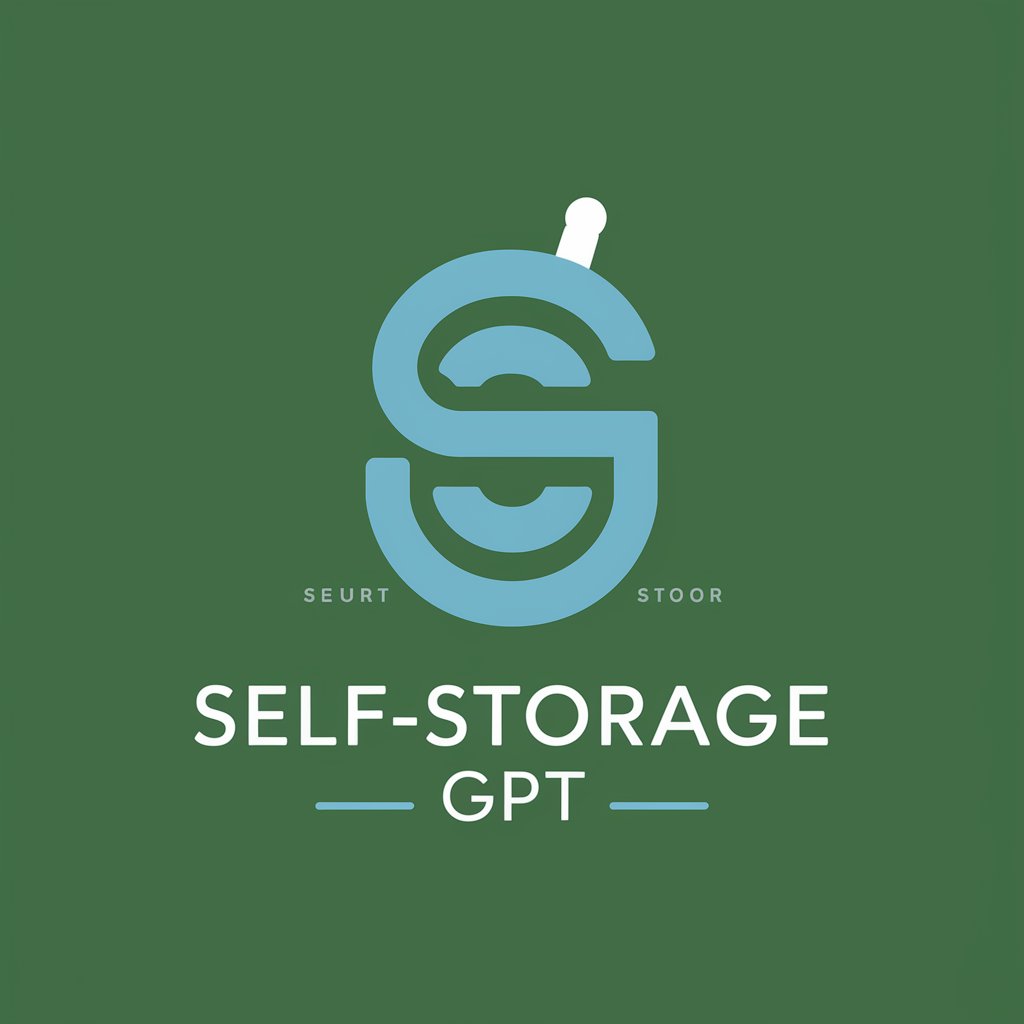
Frequently Asked Questions about Relaxation
What is Relaxation designed for?
Relaxation is designed to help users manage stress, explore various relaxation techniques, and improve mental well-being through guided practices.
Can Relaxation recommend personalized techniques?
Yes, based on user inputs and preferences, Relaxation can suggest personalized stress-relief activities and mindfulness exercises.
How often should I use Relaxation techniques?
Regular use, such as daily meditation or breathing exercises, is recommended for best results, but usage can vary based on individual needs.
Is Relaxation suitable for beginners?
Absolutely, it offers a range of practices suitable for all levels, from beginners to experienced users seeking deeper relaxation.
Can I track my progress with Relaxation?
While Relaxation itself doesn't track progress, users are encouraged to note changes in their well-being to tailor their experiences over time.
